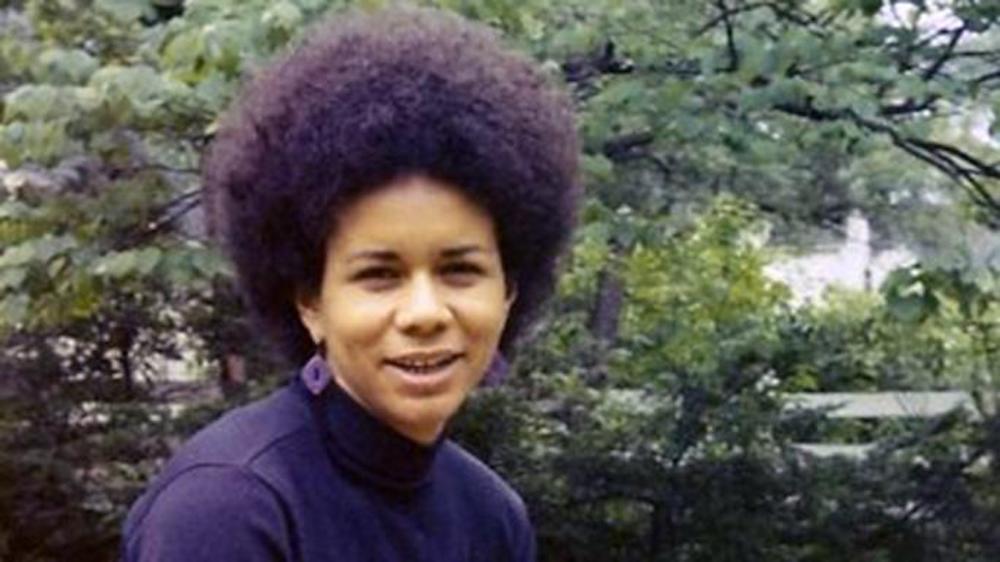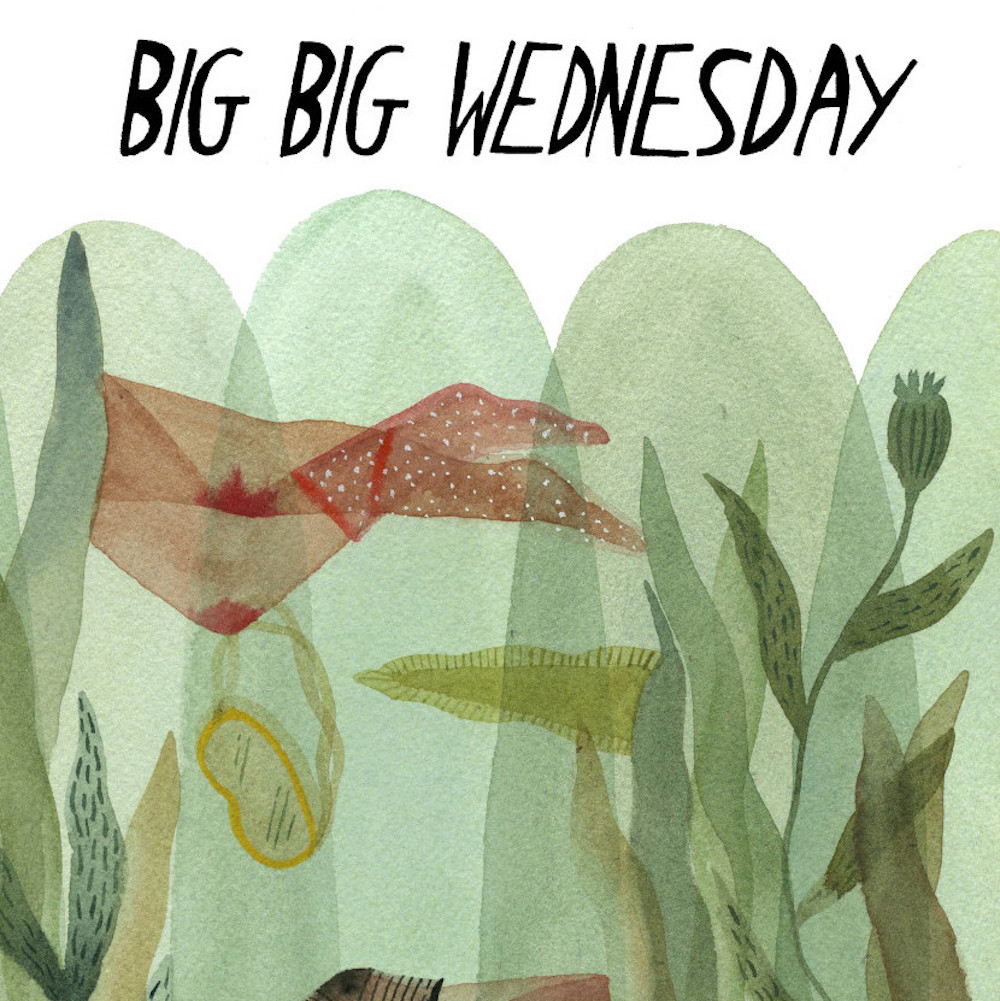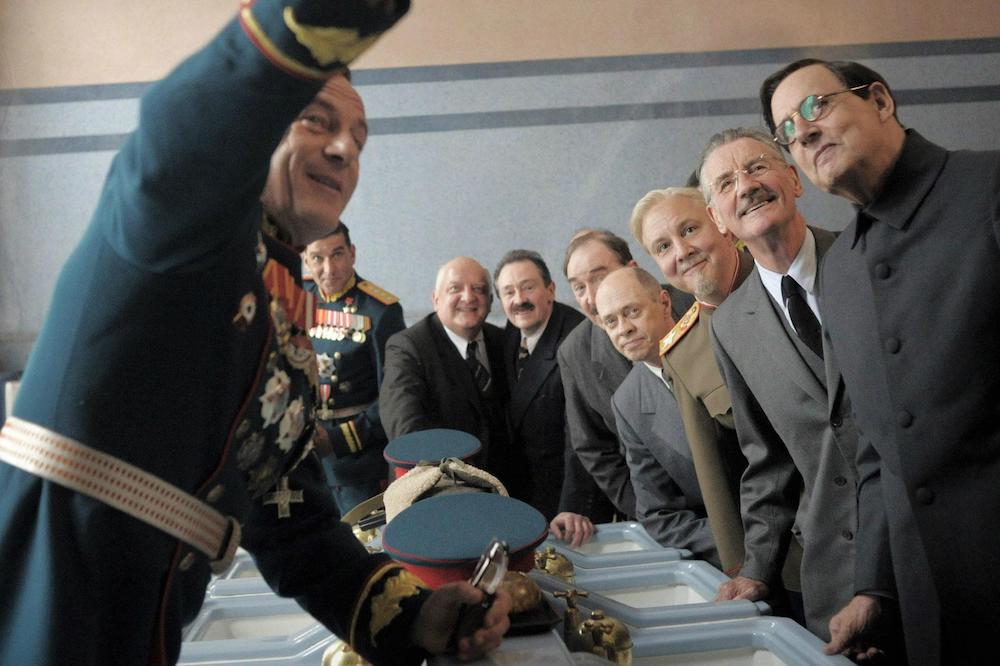Ever since Nicole first handed me “Scapegoat Child,” the gorgeous yet harrowing pie
As Tatyana Tolstaya states in the title story of Aetherial Worlds, her first collection of short stories to be translated into English in over twenty years, “Spring in the states, on the East Coast, is basically crazy.” The collection—which is out the same week as the spring equinox (next week, for those less in tune with their almanacs)—anchors a collection of dark, funny folkloric tales. Each is masterful in its ability to keep apace with the world’s banalities and frustrations while moving seamlessly into the surreal. Her characters are haunted by ghosts, but also by the alienation they feel among Americans. Tolstaya is funniest when observing life in American universities and darkest when writing—as she does in the stories “Aspic,” “Smoke,” and “Shadows”—about a melancholy deadening the hearts of her characters. Tolstaya’s conscious aversion to sentimentality makes you feel as if you alone are catching a glimpse into the secretly vulnerable and deeply captivating souls of her characters. —Lauren Kane
In my tote and under my pillow this week is Ashleigh Young’s essay collection, Can You Tolerate This? I’ve been reading the book since its New Zealand publication last year, but its upcoming U.S. release put it back on my radar. The longest essay is just over thirty pages, the shortest fewer than two; most hover around a mere eight or ten. Young’s voice is soothing, unsure, and searching as she narrates her childhood in provincial New Zealand and pokes into the lives of those who populated it—her father, her brother, her chiropractor. Can You Tolerate This? asks its titular question at every turn, and the answer always seems to be yes. —Eleanor Pritchett
Big Big Wednesday is a beautifully crafted literary magazine produced in Portland, Oregon. Since 2013, they’ve published one issue per annum, and each is chock-full of poetry, art portfolios, and blissfully short fiction. The fifth and most recent issue features a watercolored cover with a seaweed seascape and charming sock-footed divers. I devoured their contributors notes, in which each writer issues a recommendation. Perhaps it’s odd to staff pick another literary magazine’s staff picks, but I can’t help myself. Laura Brown-Lavoie recommends “grabbing a few cucumbers on your way to the beach and eating them after you swim so the seawater on your lips salts them up.” I was compelled, at Stephen Tuttle’s direction, to seek out “Willie, the Operatic Whale,” a Disney animated short from 1964, voiced entirely by Nelson Eddy, and I caught myself singing for an obnoxiously long time afterward. (NB: Big Big Wednesday is accepting submissions for its sixth issue until May 1.) —Molly Livingston
Samuel Hynes’s On War and Writing (out next month) is a collection of essays that drives home a point: war is unimaginable but has nevertheless “captured the world’s imagination.” Throughout the collection, Hynes discusses his own experiences as a Marine Corps pilot, the accounts of others who have fought in war, and the literature of people who did not fight but who wrote about war. Originally published at varying points throughout the last half century, these essays together lead readers toward a kind of solution: it is impossible to imagine the unimaginable, but it is possible to find meaning in always wanting to try. —Claire Benoit
Self-seriousness has always been fertile ground for comedy. From the obscene marginalia in medieval religious manuscripts to eighties slob vs. snob comedies, people who can’t joke about themselves are irresistible foils for irony and mockery. There’s no system less capable of joking about itself than an authoritarian regime. Laughter is understood by those in power to be a threat to obedience. Tyranny requires a state of constant crisis—that things remain serious, in other words, at all times. Absurdity, in turn, grows in the hollows of these rigid, cloistered systems as naturally and irresistibly as mold. Such absurdity is the animating feature of Armando Iannucci’s hilarious new film, The Death of Stalin, which tells the story of Stalin’s deputies, who jockey for power after his sudden departure. In the lingering atmosphere of fear and toadyism conjured by the now-dead dictator, unanimity and grief become punch lines. After seeing the film, I returned home and reread another great comedy of the Soviet Union, Venedikt Erofeev’s Moscow to the End of the Line. Distributed as samizdat in 1969, it draws comedy not from the anxious terror of the Stalin era but from the apathy and cynicism of the Brezhnev era. Erofeev’s quick, jumpy prose mocks nearly every passion and invention of the Russian literary soul. While Iannucci collects absurdities from a temporal and physical distance (Putin’s Russia has banned the film, unsurprisingly), Erofeev clowns right under the noses of the humorless. —Matt Levin
from The Paris Review http://ift.tt/2It4mLu




Comments
Post a Comment